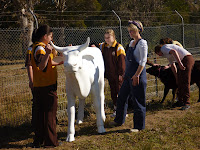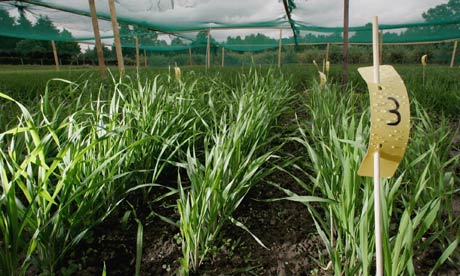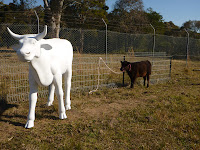 Topic:
Topic:
Agriculture is always changing.
Sometimes the change offers opportunities
for innovation and improvement though
there are always obstacles to overcome.
Talked about the meaning of the key words:
Efficiency gains: ability to produce a high quality animal for a suitable market using the lowest amount of resources (including feed, water, management)and still meeting market requirements. Market requirements may include: fat score, organic or non-organic farming methods, consumer demand, and healthy product and weight of the animal.
Intensification: includes the use of resources (labour, area, equipment, expenses)
Quality of life: good animal management (husbandry activities) = happy consumers, happy farmers, happy cattle
Succession Plan: management, long term goals for the farmers to sell the farm to different members of the family
Productivity: Cost v’s product
Farmer Bill and Bess currently feed 600 people from their mixed farm of x hectares. The Dept. of main roads is going to resume Y amount of land for the new highway going past their farm.
They also have an opportunity to sell z hectares for a housing development. They want to continue farming and succession planning for their family of 1.8 children and allow their daughter to continue to run the farm business when they retire.
How can they do this?
|
|
|
Money from selling the land
|
|
More people around - jobs
|
|
|
|
Children could hurt themselves on the new road
|
Better access to human resources such as sewage and clean water and internet connection
|
Less land to farm on
|
Better access to farming staff
|
More likely to be more development in the area
|
Transport availability for farm products
|
They may need to reduce their stocking rate
|
|
|
|
|
Problem with neighbours
|
More social opportunities
|
|
1. A millionaire wishes to buy the property? OPPORTUNITY/ THREAT
2. They have another child? Threat and an opportunity
3. Social gains, fashion gossip, friends, kids involved in a more social life
4. There could be a car accident/ car could run into the house? THREAT
5. They will get more updated technology: OPPORTUNITY
6. MORE CUSTOMERS: OPPORTUNITY/ but will they be able to meet consumer demand
7. There could be more C02 pollution? THREAT
8. Livestock could die causing them to lose their way of life? THREAT
Swot analysis (please refer to picture from white board)
 |
| our SWOT analysis |
 |
| Learning about innovation |
Focus Question: How can Bill and Bess continue farming and succession planning for the family of 1.8 children and allow their daughter to continue to run the farm business when they retire?
1. Gather all background information
2. Clarify the main priorities
Efficiency gains: Can they still meet consumer demands for 600 people on less land? Through technology, innovation and development and uptake of new varieties new techniques for the family.
Are they still going to have the same quality of life?
Productivity: Can they produce the same on smaller land area? Think about stocking rate? Animal welfare?
1. The cost of new equipment from sale of housing may enhance the productivity of the farm
2. Ensuring the family and the farm are meeting their productivity goals and meeting consumer demands may compromise the welfare of their stock?
3. The new housing developments may bring people with education and farm skills which they could bring to the farm
4. Volunteer work may be an option
5. Put strategies/ innovations in place with the money gained from building the road to ensure survival of the farm for future generations
Please refer to some pictures gained from this weeks work
 |
| Stuart and Ashlee |
 |
| Sweetie on the move |
 |
| at the farm |
 |
| "Can I stay here with Nulla, Creamy and Finch?" |
 |
| Zia and Creamy our Square Meater |
 |
| Marni and Ashlee |
 |
| Stuart |
 |
| Creamy |
Planning and Brainstorming at the farm
 |
| Finch is very cute |




























































